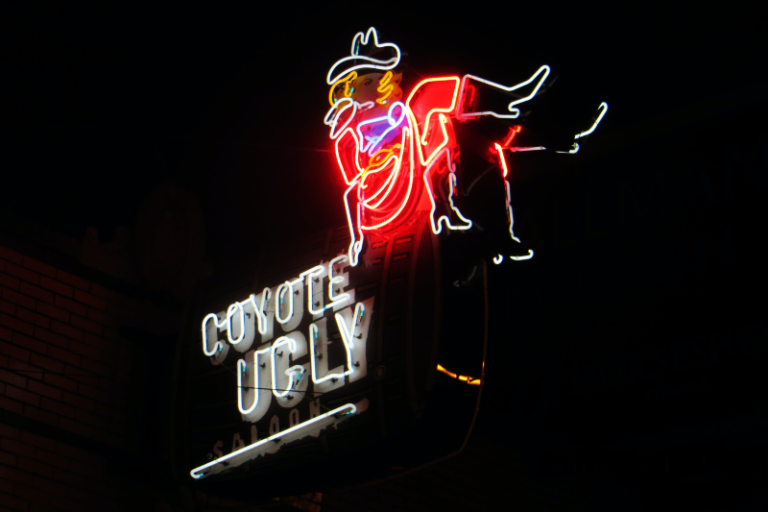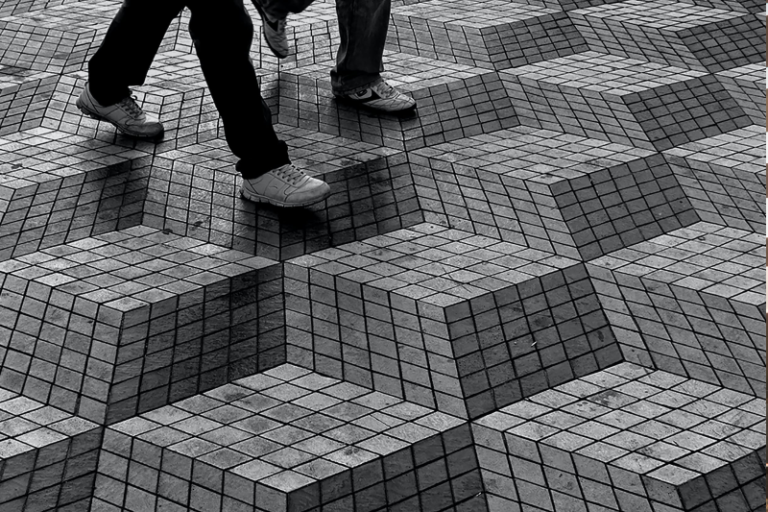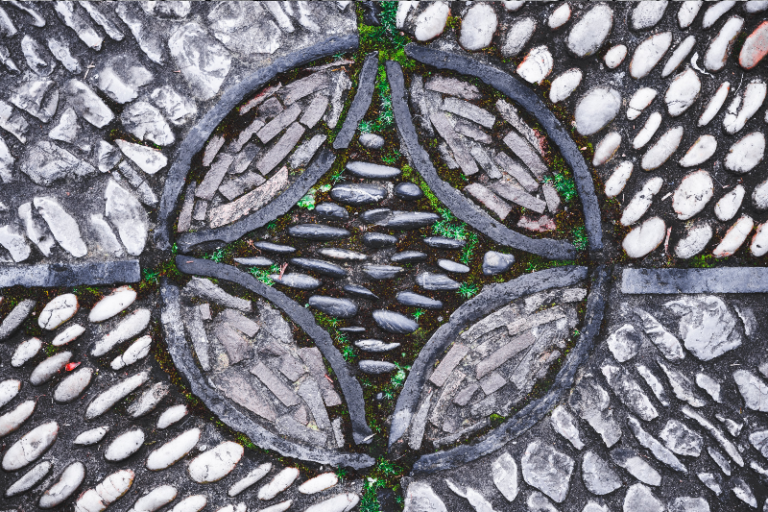
A new way of being
It has been months since my last post. I haven’t stopped writing in this time but I have failed to write regularly and with intention.
My progress has been hap hazard. I’ve felt lost after reaching a writing milestone for myself with having my work assessed. Life has travelled alongside my creative journey with an equal measure of unfamiliarity. I have settled into a new region, a new life, a new way of being and within that have worked at establishing connections to create some structure in my days that includes writing.
I joined a writer’s group, connected with a local writing organisation and started teaching creative writing again, and have created a rhythm in my day to day existence that includes time for writing. I have completed the 5th draft of some chapters and begun the 6th draft process. Part of this is rewriting, adding and deleting to improve the narrative; in doing this I have made chapter 1 into 2 chapters and finished redrafting chapter 3. I submitted the new draft of chapter 3 to my writer’s group for feedback today. We meet in March so I have to wait until then for their responses.
One thing that I have missed more than I expected to up to this point is journaling my journey. I have missed the solace of taking stock of where I am at, where I am going, and how far I have come. Before this practice and without this practice my creativity stalls in a frozen moment of uncertainty that seems to have more staying power than my creative ambitions.
The journey of my novel has become as valuable to me as the novel itself.
The peace of mind that I take from keeping up to date with my creativity in a structured way has inspired me to make it a project all it’s own and grow Journey of a Novel into it’s own website. To what end??? I don’t know, but it feels good. It feels right. Bottom line – It is another solid step towards commitment to my creative development.








